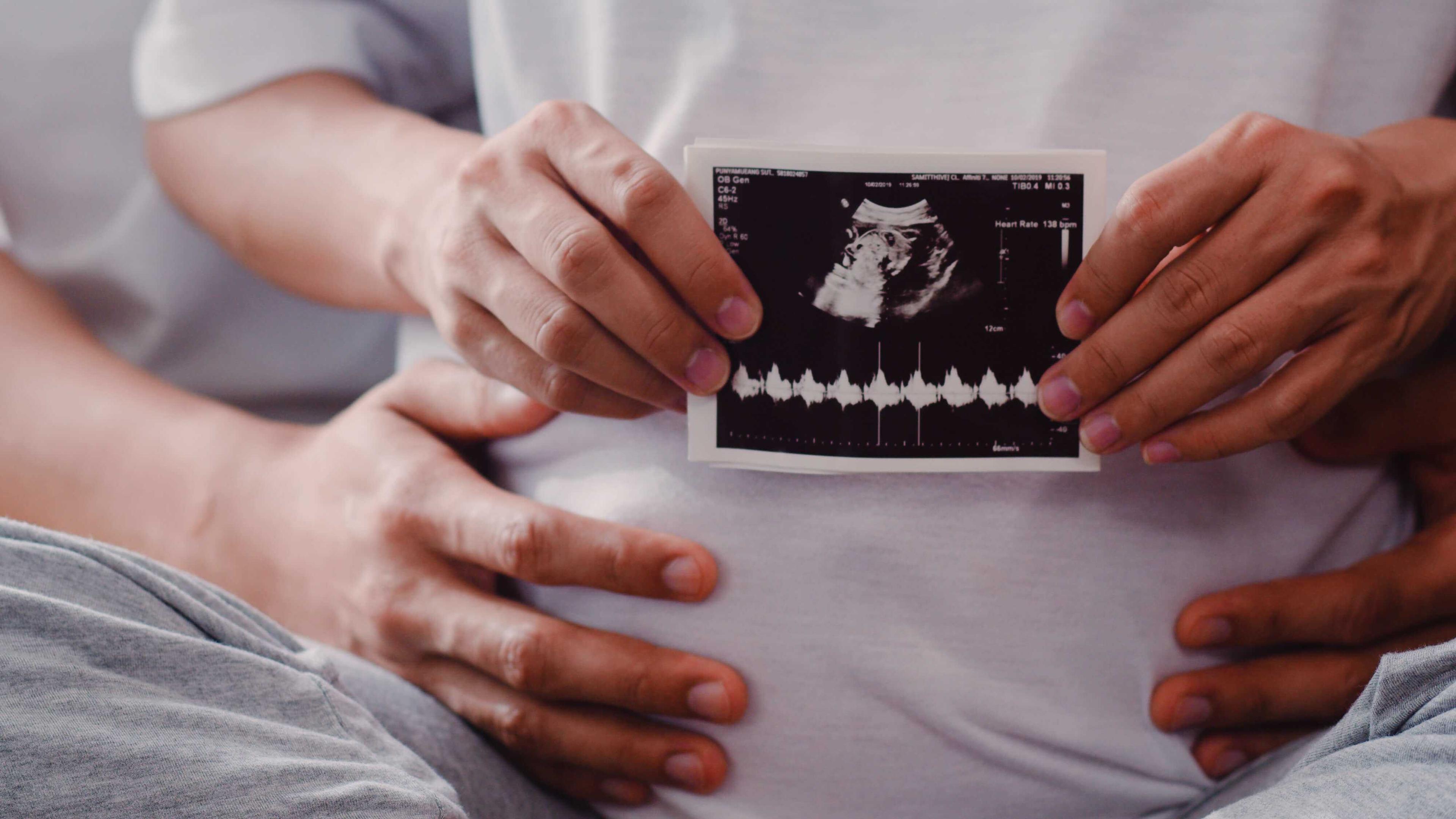
How laparoscopy surgery in Bangalore helps in infertility?
Facing challenges at conception involves navigating the intricate landscape of infertility, which includes medical, psychological, and financial aspects. Despite the progress seen in IVF and assisted reproductive technology (ART) in the last three decades, the evaluation of infertility continues to find value in laparoscopy surgery in Bangalore. Although IVF and ART advancements have increased the likelihood of conception, the inclusion of laparoscopy can offer valuable insights into underlying issues that may have been overlooked. For women facing difficulties in conceiving, seeking infertility treatments is a common path, with laparoscopy surgery in Bangalore being one such method that holds the potential to enhance the chances of pregnancy.
What is Laparoscopy?
Reproductive endocrinologists
Laparoscopy, also known as 'keyhole surgery,' is a type of minimally invasive surgery. A surgeon may view the inside organs with this surgical procedure. When used for evaluating fertility, the physician looks at the uterus, fallopian tubes, and ovaries, among other parts of the reproductive system. Furthermore, this process can also include surgical intervention at the time of diagnosis, and it has been quite helpful in identifying and treating pelvic abnormalities in women.
Uses of laparoscopy
Laparoscopy is used for diagnosing fertility-related conditions such as Endometriosis Blocked fallopian tubes Scar tissue buildups Fibroids and Other abnormalities in the reproductive system When determining whether to use assisted reproductive technology, laparoscopy can be helpful, particularly in cases where infertility has been persistent for a long period or in older women. While other diagnostic techniques can detect fibroids and endometriosis, laparoscopy is the only approach that offers a conclusive means of confirming their existence. Doctors can reliably detect mild endometriosis and uterine scarring only with a laparoscopy. Laparoscopic surgery increases natural conception rates by removing endometrial tissue and pelvic adhesions.In situations where infertility defies explanation—that is, when routine testing comes back normal, but conception remains challenging—laparoscopy also proves helpful. By visually inspecting the reproductive organs, laparoscopy helps in the identification of hidden variables that may prevent pregnancy.
Benefits
When compared to alternative surgical methods for identifying the causes of infertility, laparoscopy provides: Less intrusive method Reduced chance of infection Smaller scars Possibility of immediate problem-solving during the process Quicker and easier healing A laparoscopy can increase a woman's chances of getting pregnant in some cases. These include women who had surgery to remove fibroids or endometriotic lesions, cure hydrosalpinx, or unblock a fallopian tube.
In which situations do doctors recommend laparoscopy?
Medical practitioners usually consider laparoscopy in Bangalore when other tests for infertility are unable to provide a conclusive diagnosis. Because of this, women who have infertility that cannot be explained often have this surgery. Furthermore, women who have pelvic pain—which may be a sign of endometriosis—may be advised to undergo it by their doctors. Furthermore, scar tissue that may result in pelvic or abdominal discomfort can be successfully removed using a laparoscopy. When faced with the following reproductive difficulties, medical specialists recommend laparoscopic surgery in Bangalore as a treatment for infertility: PCOS or polycystic ovarian syndrome Fibroids obstructing the fallopian tubes Ovarian cysts Endometrial deposits leading to severe pain
Adverse Effects of Surgery
Rashes on the skin surrounding the incision Infections of the urinary tract Adhesion formation Infection at the site of surgery Hematomas forming in the abdominal walls
Recovery Period
Since the therapy is an outpatient, the patient gets discharged the same day. If problems arise, a two- to three-day hospital stay may be suggested. It takes a few weeks following a laparoscopic operation to fully recuperate. The appropriate medicine will be administered to promote a speedy recovery and lessen discomfort.
How is laparoscopy performed?
Medical personnel typically administer general anesthesia to patients undergoing laparoscopy. Depending on the specific operation, healthcare professionals often conduct it as an outpatient surgery, allowing patients to go home after spending a few hours in the recovery area. Spending the night in the hospital may occasionally be necessary. The physician introduces a laparoscope through a tiny abdominal incision during the laparoscopic operation. The laparoscope, a narrow, lit fiber-optic tube with a built-in camera, allows the surgeon to see into the abdomen. The surgeon could occasionally make a second incision or use the same one to implant microsurgical equipment. Medical personnel gently inflate the belly with gas to enhance visibility and establish a work area. The ability to see the reproductive organs facilitates the identification and surgical correction of any problems.
Does having laparoscopic surgery affect a woman's ability to conceive?
One major worry among women is if having laparoscopic surgery may impact their ability to become pregnant. On the other hand, laparoscopy usually does not impede conception or interfere with an individual's capacity to conceive. In fact, for the patient, it could potentially increase the likelihood of conception.
How does the field of fertility utilize laparoscopy surgery in Bangalore?
'Pelic Factor Infertility' is the term used to describe infertility that results from physical disorders in a woman's pelvis and reproductive system that can be actively treated by laparoscopy surgery in Bangalore. This can result from a variety of disorders, such as endometriosis, ovarian cysts, uterine polyps, fibroids, or scar tissue from infections, trauma, or surgery—all of which have an impact on reproductive function. During the procedure, doctors can sometimes conduct prompt therapy or repairs. Laparoscopy is a helpful diagnostic technique that can reveal issues not seen on ultrasounds.
When is a good time to attempt becoming pregnant following a laparoscopy?
It is best to wait three to six months following a surgical laparoscopy to give the sutures time to heal.
Conclusion
Consider laparoscopy surgery in Bangalore as a dependable and secure way to increase your chances of becoming a parent if you're having trouble conceiving. One way to reduce stress and frustration is to prevent misdiagnoses that might result in needless therapy for problems that don't exist. For professional assistance in determining the underlying reason and considering your alternatives, speak with your physician or get in touch with Vriksh Fertility for laparoscopy surgery in Bangalore.

